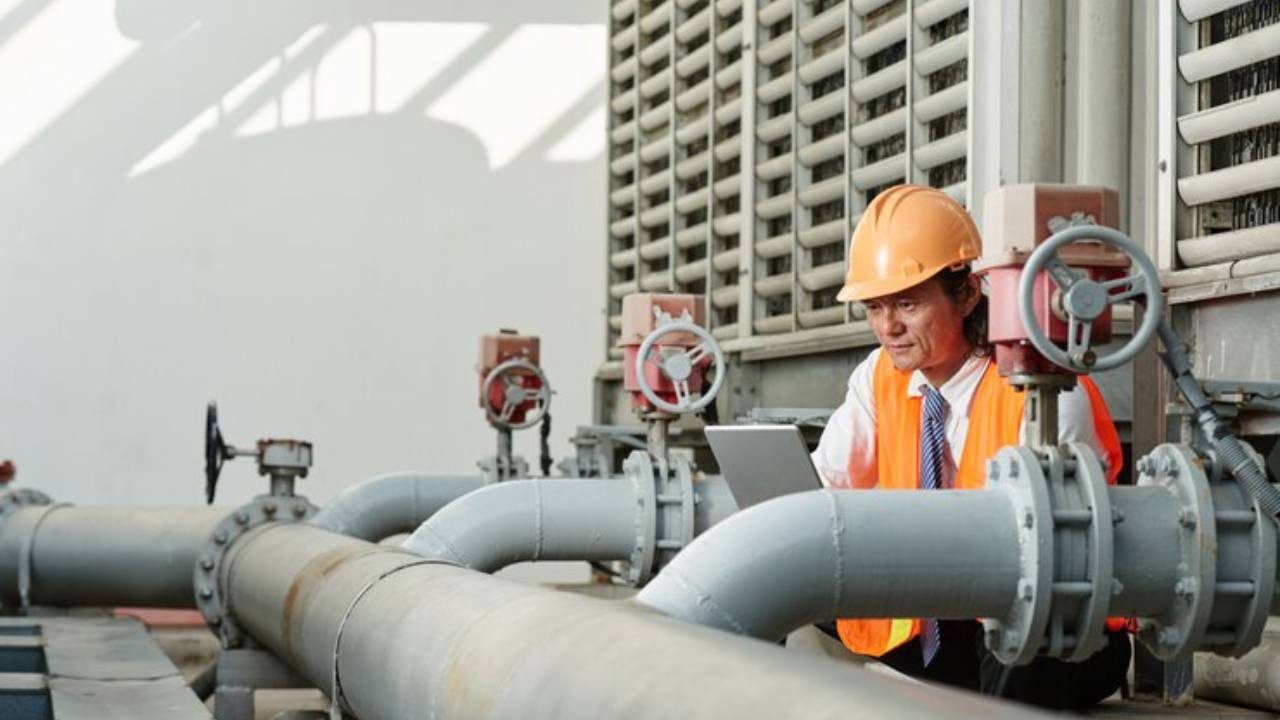
At Kingjims International Institute, our Piping Engineering program is designed to equip aspiring engineers with the comprehensive skills and knowledge required to excel in the field of piping engineering. Piping systems are critical components of numerous industries, including oil and gas, petrochemicals, power generation, and more. Our program offers a blend of theoretical foundations and practical applications, preparing students to design, analyze, and manage complex piping systems with precision and safety.
Piping engineering focuses on the efficient transport of fluids within various industrial settings. This discipline involves the design, layout, installation, and maintenance of piping systems that are essential for the operation of industrial plants and facilities. Our Piping Engineering program is crafted to meet the industry’s demands, ensuring that graduates are ready to tackle real-world challenges and contribute to the efficiency and safety of industrial operations.
Comprehensive Curriculum:
Experienced Faculty:
Hands-On Training:
State-of-the-Art Facilities:
Industry Partnerships:
Certification and Accreditation:
Fundamentals of Piping Engineering:
Material Science and Selection:
Piping Design and Layout:
Stress Analysis and Load Calculations:
Piping Codes and Standards:
Advanced Topics:
Capstone Project:
Graduates of our Piping Engineering program are well-prepared to enter a variety of industries where piping systems are integral. Career opportunities include:
Discover limitless possibilities. Join our vibrant community today for a journey of knowledge, growth, and success.
©2025 | Kingjims Institute | All rights reserved.